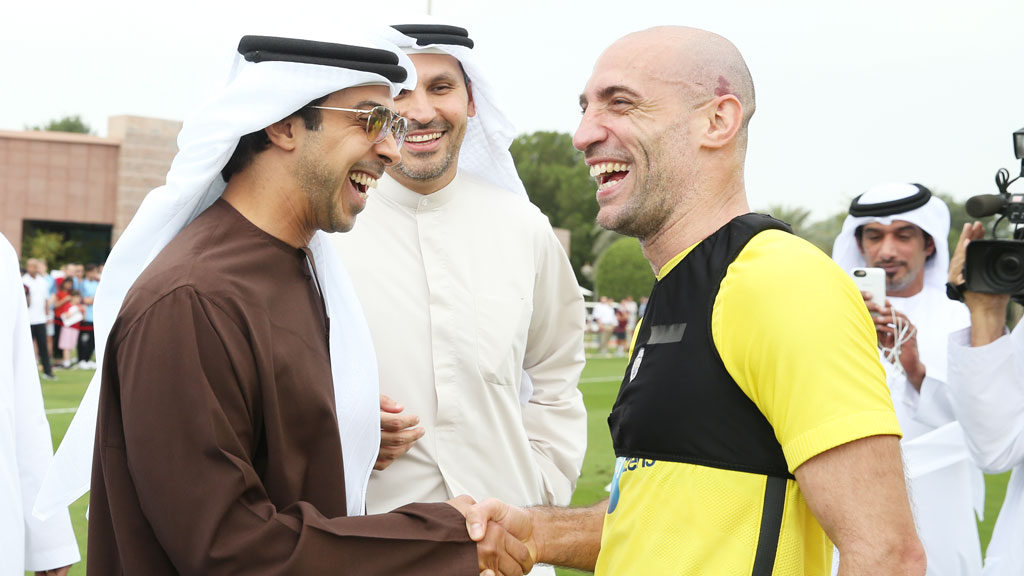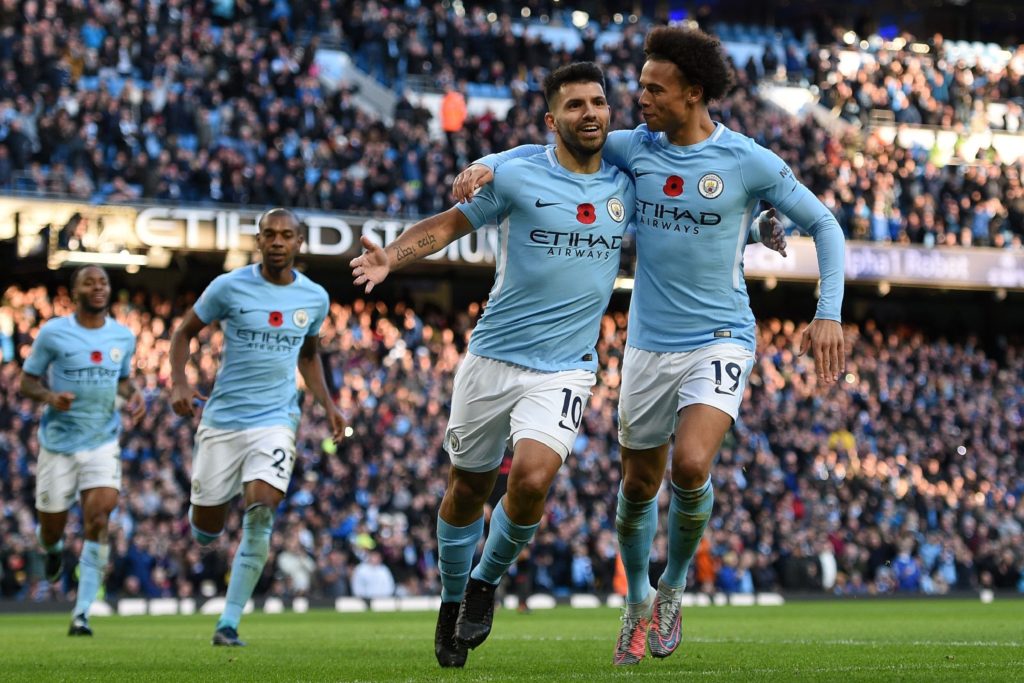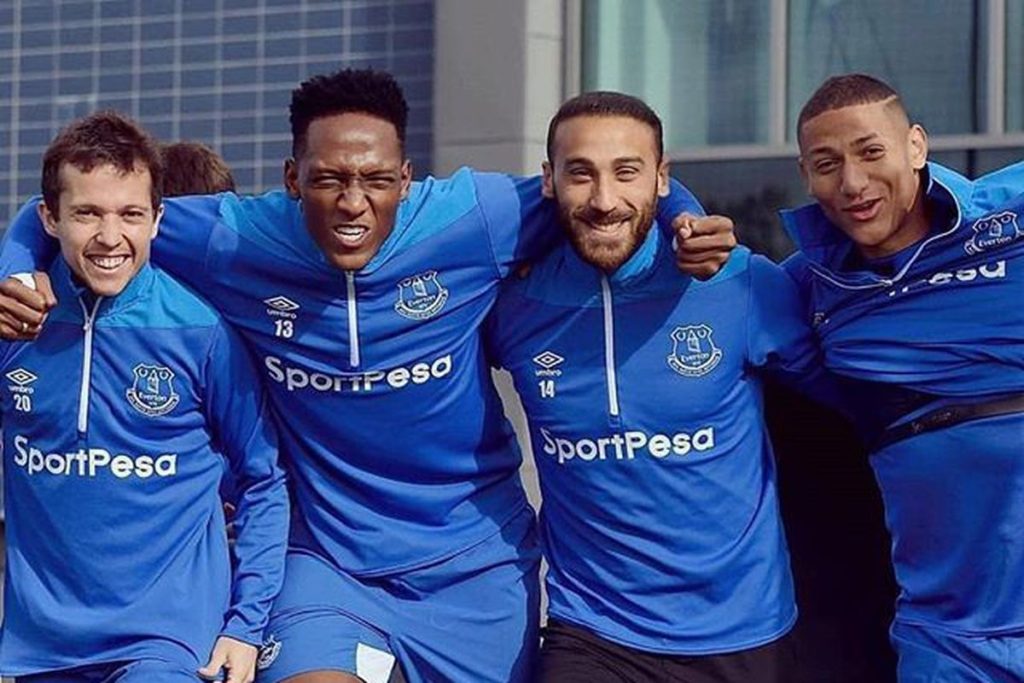By Muhammed Aladdin
Now, more than ever, Arab billionaires own a significant number of internationally world-renowned football teams. Many of these clubs were suffering before their new owners came to the rescue, and nowadays, these teams are back in the game, forging win after win.
All over Europe, Arab investors are pouring resources into different teams helping with deals, transfers, and stadiums, and because of these efforts, many of Europe’s long forgotten FCs are making it back to the football scene with new, skilled players and an appetite for winning.
These Middle East billionaires have enough money and business savvy to resurrect struggling teams back into the spotlight, and with giants like Manchester City and Paris Saint-Germain operated by Arab magnates, more and more teams are looking for investments from the Middle East.
And with the fans happier than ever, what could possibly go wrong? Here are the stories of these teams and their Arab proprietors.
Hull City
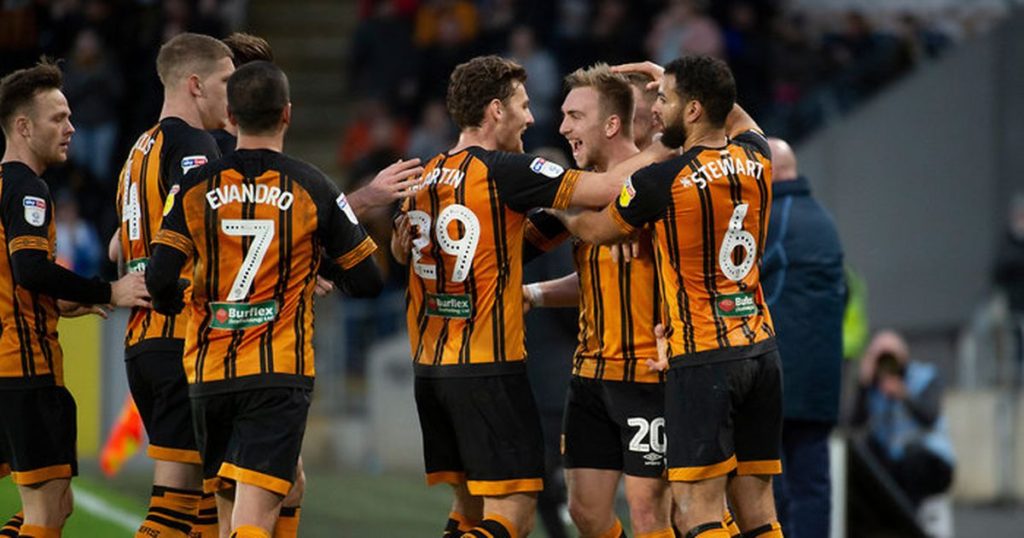
In 1904, Hull City Football Club was established in Yorkshire, England. From the beginning, the club had experienced many setbacks and not having their own stadium made things even worse. The first few matches, the team
Hull City officially made it to the Second Division, but as the years passed, they were relegated to the Third Division again. Adding insult to injury, the team was downgraded to the Fourth Division in 1980. With many financial crises and imminent collapse, Hull City was struggling to survive.
In 2005, Hull City was promoted back to the Second Division and in 2008, they were promoted to the Premier League. In 2010, Egyptian Businessman, Assem Allam, came to the scene and bought the club. Mr. Allam was a student at the University of Hull and wanted to give back to society through the football team promising to invest up to 40 million English Pounds.
In 2013, with his guidance, the club was promoted to the Premier League one more time, but since then, his relationship with the fans was controversial as he took more than one decision that was frowned upon. Those include changing the name of the team to Hull City Tigers, which led to a decrease in attendance.
Malaga CF
Just like Hull City, Malaga CF was established in 1904 to encourage the growing football fever that had taken Spain by storm. Players used to face off against British sailors who frequented the city, but by 1949, the club established itself as one of the major competitors in the Spanish Football League “La Liga”.
In the early 1970s, Malaga CF used to win against prominent teams such as Barcelona and finished second in the league on multiple occasions, but with time, it declined as most things do. The club’s performance was always described to be mediocre, and in 2007, the unthinkable happened when the team was relegated to the Second Division.
Sheikh Abdullah Al-Thani of the Qatari Royal Family had been eyeing the club for some time, and in 2010, he made the decision to buy it. Ever since, the club has seen unprecedented improvement in performance. Qatar’s investments led to the initiation of two Malaga prominent footballers; Martín Demichelis and Júlio Baptista.
In the 2011-2012 La Liga season, Malaga CF finished 4th, and for the first time in history, the club made it to the Champions League, beating Italian football giant, AC Milan. Also almost reaching the semi-finals, if it were not for the referee’s controversial decision.
Manchester City
Manchester City is one of the oldest football clubs in the world; previously it was known as St. Marks. It was not until 1894 that the name was changed to Manchester City. The club actually had a very successful start; in 1899, after winning the Second Division, they qualified to play in the First Division.
The most successful years were between 1968 and 1970 when the club won major championships adding more trophies to its record. These included the FA Cup, League Cup, and the European Championship. Since the 1980s, the team saw a
Like all our previous mentions, an Arab came to save the day; well, in this case, it is not just an Arab, but a group of them. Abu Dhabi United Group bought Manchester City in 2008; the group is owned by the Deputy Prime Minister of the United Arab Emirates Sheikh Mansour. From that point onward, the team scored one win after another.
They have won the Premier League twice becoming a crowd’s favorite in the English football scene.
Paris Saint-Germain
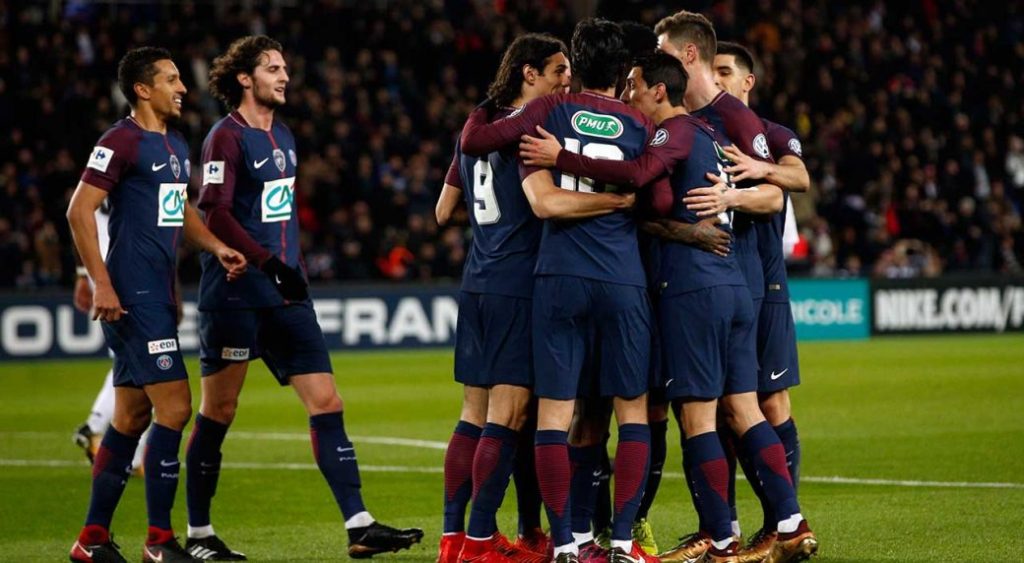
On the contrary to the other entries of this listicle, Paris Saint-Germain (PSG) is not known for its long history. The club was established in 1970, but despite that, it has proven itself to be one of the toughest clubs the French capital has ever seen. It achieved more success than any other football team, putting straight into the Ligue 1.
In its short history, PSG has put 34 trophies on its shelf and is one of two clubs to ever win a European championship. However, the club was thrown out of grace when its owner Designer Daniel Hechter was involved in a double-ticketing scandal.
The club changed ownership a few times before finally, it was bought by Nasser Al-Khelaifi. Everything changed with this man’s arrival as he signed in the world’s best players. The list that included prominent names like Zlatan Ibrahimovic, Thiago Silva, Cavani, and David Luiz, but the club’s crown jewel was the international phenomenon Neymar for a staggering EUR 222 million from Barcelona. Al-Khelaifi managed, in under six years, to make PSG’s financial worth rise from EUR 80 million to EUR 1.5 billion.
Barcelona
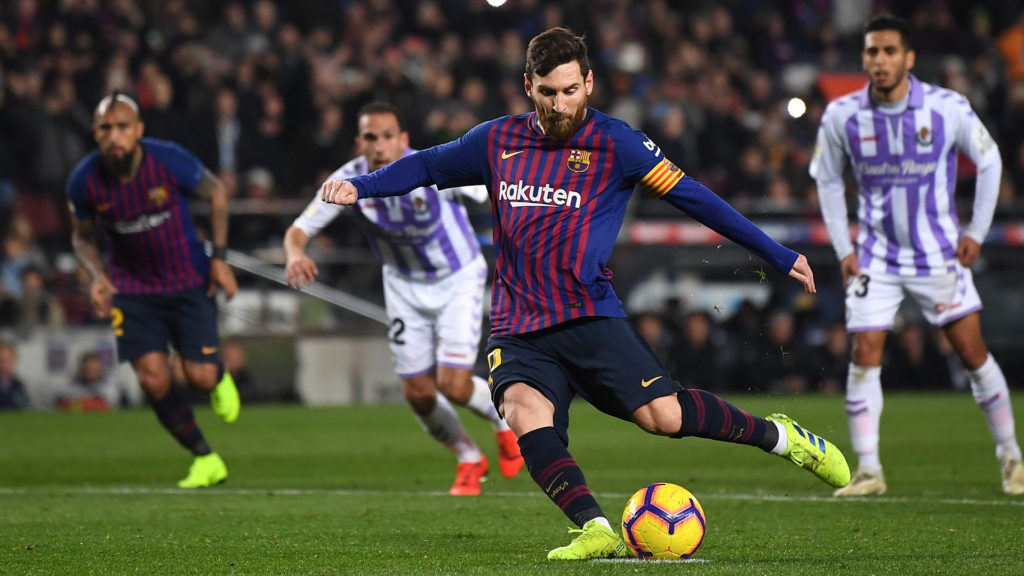
With its motto “more than a club”, Barcelona is a symbol of Catalan culture and identity. It was founded in 1899 by a number of Swiss, English, and Catalan footballers, and unlike most football clubs, Barcelona’s supporters own and operate the club through elections.
It is one of few teams in Spain that over its long history was never relegated from the First Division, and in 2009, it was the first Spanish club to win La Liga, Copa del Rey, and UEFA Champions League. Owing to its success, it has become a team of international following that includes the Arab World.
Although not owned by a specific Arab investor, Barcelona has seen a number of Middle Eastern investments, predominantly Qatari, that helped launch the team into the international spotlight. The investments included major transfer deals such as those of Suarez and Neymar. Qatar Airlines has also been the sponsor behind Barca’s iconic t-shirt.
Everton FC
One of the oldest English clubs in both the United Kingdom and the world, Everton FC was one of the founding members of the Football League in 1888, winning their first championship in 1890. Throughout its rich history, the team has seen ups and downs, but the blow came in 1946 when the club was relegated to the Second Division.
In 1981, Manager Howard Kendell managed to restore Everton’s glory; under his leadership the football club saw its golden years, scoring win after win. However, after his departure, the club did not have any noteworthy accomplishments to show.
Although not Arab, definitely worthy of mention, Iranian billionaire Farhad Moshiri bought a stake in Everton FC after selling his share in Arsenal. Now, the team has a net worth of USD 2.6 billion; the kind of investment needed for the team to get back on its feet.
Manchester United (Possibly)
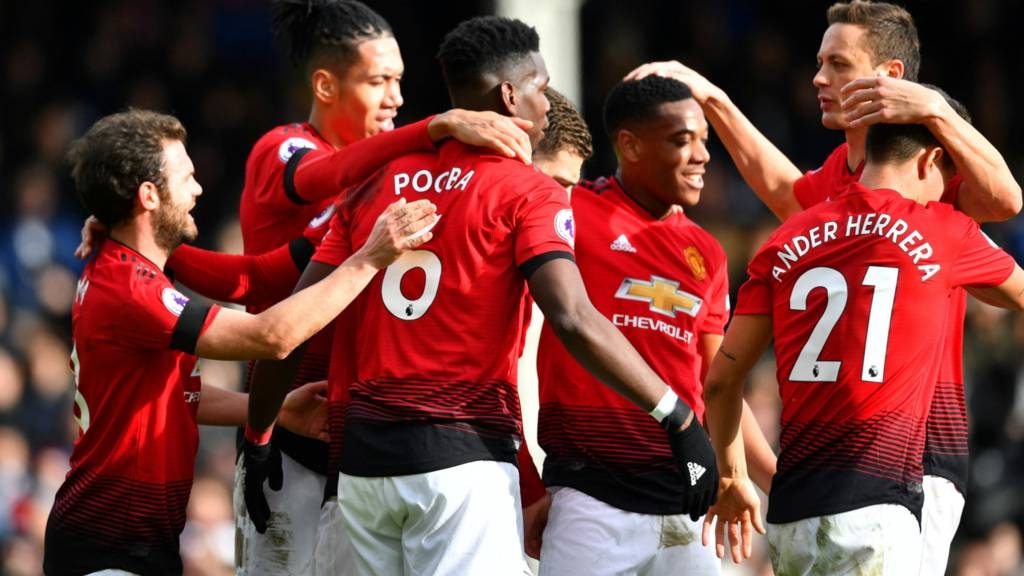
The football world was shaken hearing the news that Saudi Arabia’s Crown Prince Mohammed bin Salman offered the Glazers, the current owners of Manchester United, GBP 3.8 billion to take over. However, the Crown Prince’s media minister has denied the rumors.
Manchester United is one of the most beloved Football teams in all of England. It was founded in 1878 with the name Newton Heath LYR Football Club, changing its name to Manchester United in 1902. In 1910, it moved to the iconic Old Trafford Stadium.
We’ll just have to wait and see how this whole thing is going to play out.


